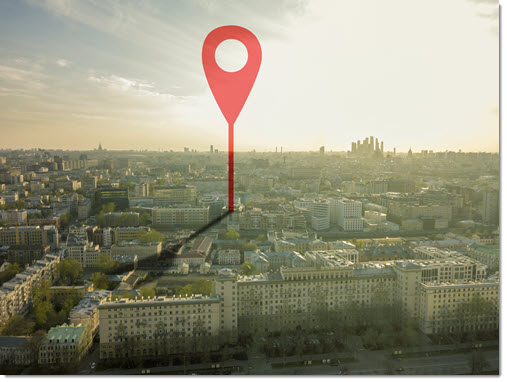
You carry a beacon twenty-four hours a day that broadcasts your location. We are being tracked wherever we go by dozens of companies, mostly unregulated. It is an unparalleled surveillance system, but it wasn’t created by sinister forces in an authoritarian government. It was built to make money. Technology companies have persuaded us to spy on ourselves.
All of us believe that some parts of our lives are private. It’s creepy to read articles like this about why that is no longer true. Stick with me anyway. I’m not trying to scare you. If you understand how your location is tracked and what is done with the data, you’ll see the good as well as the bad, and it will help you follow the debates over policy and regulation in the next few years.
In the next few articles, I’m going to look at location tracking from a few different angles. I’ll give you an overview of why it’s important to know about scary stuff like facial recognition, location tracking, and personal profiles. We’ll talk about who is collecting location data and how they obtain it. We’ll look at how location tracking makes our lives better – and how the misuse of that data can be used to inflict terrible harm.
When we learn about another aspect of our surveillance society, the first thing that comes to mind is that our privacy is being “invaded,” but that’s not quite the right word. We willingly give up some control over our privacy in return for convenience and technology-driven services. One problem is that tech companies have not been transparent enough about the balance between useful services and respect for our information. And some companies abuse the data about our movements, our purchases, our browsing, and all the other details of our lives.
Data collection has become the central mission of large tech companies. They are so embedded in each of our lives, and into the infrastructure of modern life and the business models of so many companies, that it is not feasible to close yourself off from them, even if you wish they weren’t collecting data about you. There are more than 4,000 companies in the business of compiling personal information into profiles that are sold to advertisers and marketers. Cameras are everywhere, and facial recognition is being used by government contractors for law enforcement and security agencies and increasingly also turning up in the private sector. Data about your car’s location is tracked with license plate readers and shared with thousands of public agencies and private companies.
But our location is primarily tracked by our phones. Carriers keep track when our phones register to nearby towers. The GPS chips in the phone track us when we use social networks, games, or other apps. Many apps gather location data and sell it to third parties (or even the government), even if the app does not need location data to run. The Pew Research Centre found that in 2016, around 90% of all smartphone users over the age of 18 use their phones for location-based services.
Targeted advertising is the most common use of information about your location. As we’ll see, though, that’s not all. The New York Times put it this way:
“To anyone who has access to this data, your life is an open book. They can see the places you go every moment of the day, whom you meet with or spend the night with, where you pray, whether you visit a methadone clinic, a psychiatrist’s office or a massage parlor.”
Tech companies analyze data about you and predict your behavior for advertisers, with enough accuracy to make them the richest companies on the planet. Now they are exploring ways to influence your behavior, which opens up tremendously difficult moral, legal, and political questions.
We have a lot to talk about. The next article will have a few more examples of why it’s important to be informed about the scary, creepy things that big tech companies are doing.


I walked into a small private office in San Francisco the other day…to see my endocrinologist for a consult about osteoporosis.
While waiting just a couple of minutes for the doc, I pulled up Facebook on my phone. There was an ad for a drug to treat osteoporosis…one I don’t take or plan to take…especially not now! We were both creeped out and the speed and the intelligence of this invasive bot!
Interesting! That’s the kind of thing I’ll be writing about in the next few articles. I think there will be a lot more of that in all our futures.